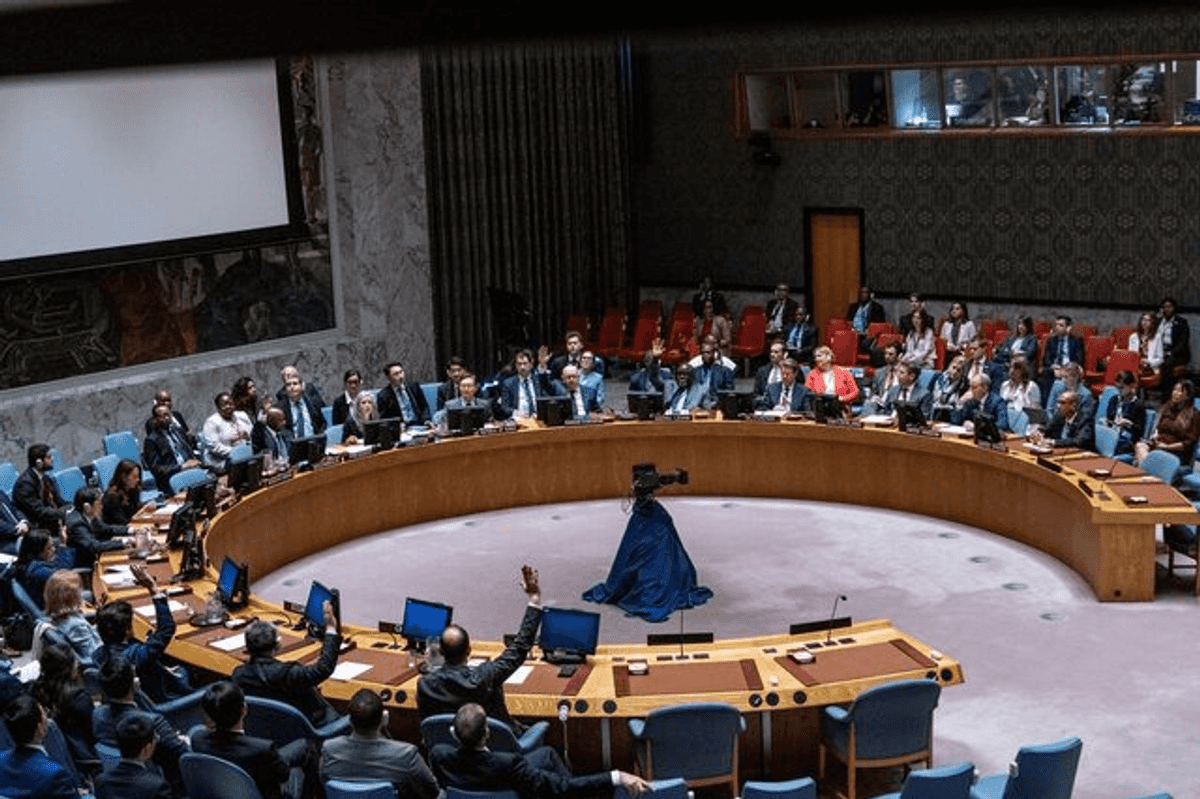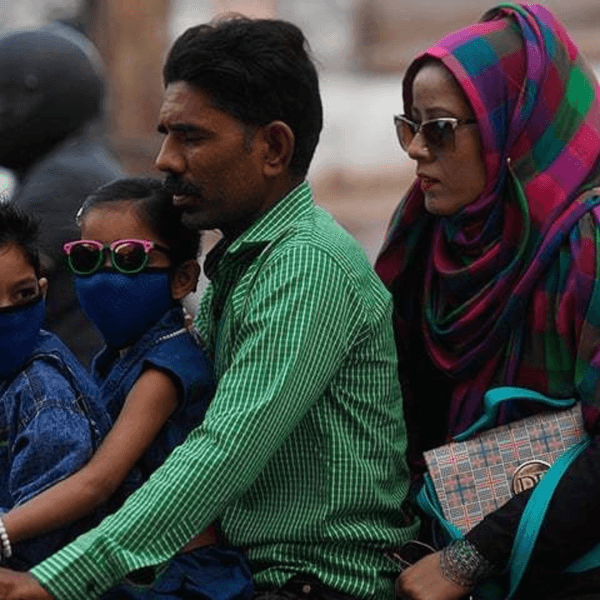Pakistan assumes UNSC presidency amid heightened global tensions
Former diplomats say Pakistan’s UNSC presidency is a chance to assert its role in multilateral diplomacy

Asma Kundi
Producer, Islamabad
Asma Kundi is a multimedia broadcast journalist with an experience of almost 15 years. Served national and international media industry as reporter, producer and news editor.

Members of the United Nations Security Council vote on a resolution on non-proliferation during a meeting on the maintenance of International Peace and Security Nuclear disarmament and non-proliferation at U.N. headquarters in New York City, U.S., May 20, 2024.
Reuters
Pakistan has assumed the presidency of the United Nations Security Council (UNSC) for the month of July 2025, taking on a key diplomatic role amid rising global and regional instability.
The presidency comes as part of Pakistan’s two-year term as a non-permanent member of the council (2025–2026), following its election by a commanding 182 out of 193 votes in the UN General Assembly.
This leadership role provides Pakistan with the opportunity to influence the council’s agenda on some of the most urgent international issues, including the fragile ceasefire between Iran and Israel, the humanitarian crisis in Gaza, and ongoing counterterrorism challenges.
With growing geopolitical divisions among the five permanent members, Pakistan's presidency is being seen as a crucial test of its diplomatic agility and multilateral engagement.
Priorities and diplomatic strategy
Pakistan’s Permanent Representative to the UN, Ambassador Asim Iftikhar Ahmad, outlined the country's approach in a recent meeting with UN Secretary-General António Guterres.
Emphasizing peacekeeping, conflict resolution, and adherence to international law, Ambassador Ahmad said Pakistan would champion dialogue, inclusivity, and multilateralism.
Asim Iftikhar stated in an interview with the state-run Associated Press of Pakistan (APP) that Pakistan’s presidency of the UNSC will be “transparent, inclusive, and responsive,” emphasizing the country’s commitment to multilateralism and international law.
“As a country that has consistently advocated for dialogue and diplomacy, Pakistan brings a principled and balanced perspective to the council’s work, shaped by its own experience and longstanding contributions to UN peacekeeping and peace-building efforts,” he said.
The ambassador added that Pakistan looks forward to working collaboratively with all council members to ensure timely and collective action in line with the UN Charter and the expectations of the wider international community.
Global and regional stakes
The UNSC presidency enables Pakistan to convene high-level meetings and shape debates on security issues of global importance. With support from key partners such as China, Russia, and the UAE—who endorsed Pakistan’s role during recent consultations in Abu Dhabi—Islamabad is expected to play an assertive role in pushing for regional peace and stability.
Former Senator Mushahid Hussain Syed told Nukta that although Pakistan has assumed the UN Security Council presidency through the regular rotational process, it comes at a highly significant moment. “This is a golden opportunity for Pakistan to help shape the global and regional agenda at the Security Council,” he noted.
He emphasized that Pakistan can now push for the implementation of key UN resolutions—especially those related to Kashmir and Palestine, which involve India and Israel, respectively.
“Pakistan has a unique chance to present its perspective and narrative on critical issues, particularly in light of recent Pakistan-India tensions, where it has long been a victim of regional aggression,” Mushahid added.
Munir Akram, former Permanent Representative of Pakistan to the United Nations, told Nukta that the UNSC presidency rotates monthly in alphabetical order among the 15 members, and non-permanent members typically have one or two opportunities to preside during their two-year term. “During its current term, Pakistan will have only one chance to hold the presidency — in July 2025,” he noted.
He emphasized that non-permanent members place great value on their presidency, often using the occasion to host one or two high-level debates on issues of particular national interest. “Pakistan’s presidency presents a valuable opportunity to highlight and advance its key priorities on the global stage,” he said.
Commenting on the importance of this moment for Pakistan, Ambassador Akram added, “The significance of this position depends entirely on how effectively we utilize it.”
Dr Qamar Cheema, executive director of the Sanober Institute, said, “With Pakistan getting the presidency of the United Nations Security Council, it will be able to play a more important role in multilateral diplomacy. As a non-permanent member, Pakistan has already had opportunities to contribute during moments of regional and global tension, such as the India-Pakistan conflict and the Israeli and American military actions in Iran.”
He added, “Pakistan has emerged as an important player in upholding the UN Charter and advancing the values of international institutions like the International Energy Agency. I believe that as president of the UNSC, Pakistan will play a more constructive role in making the council more effective and in raising the voices of Global South countries, which often feel sidelined in international decision-making.”
“This is an important diplomatic milestone for Pakistan and reflects its growing role in global diplomacy,” Dr Cheema concluded.







Comments
See what people are discussing